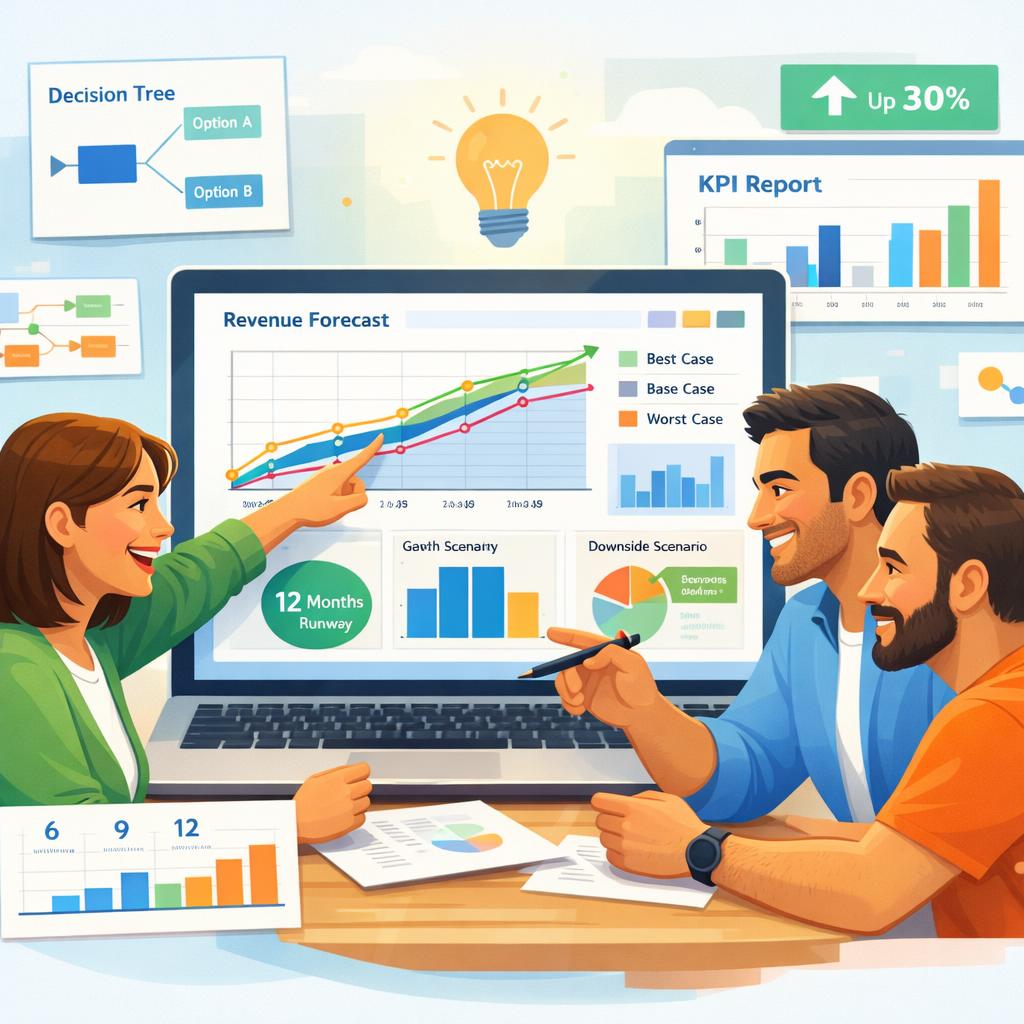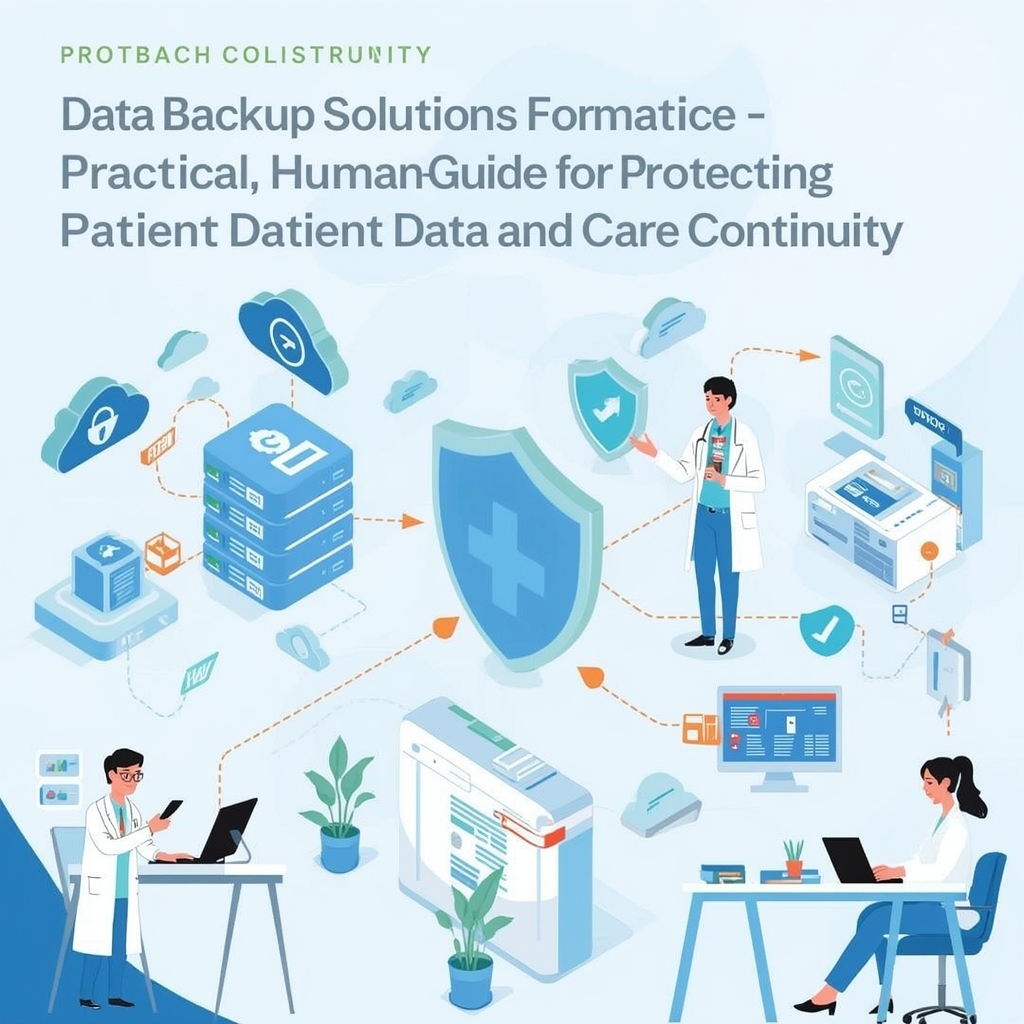Why Renewable Energy Is Important in USA – Clean Power for a Sustainable Future
Why renewable energy is important in USA is a question that connects to the country’s economy, environment, and future. Clean power sources like solar, wind, and hydropower are not just alternatives—they are solutions to some of America’s biggest challenges, from reducing carbon emissions to creating millions of jobs. By shifting away from fossil fuels, the U.S. can lower pollution, cut energy costs, and lead the world in sustainable innovation. In this article, we’ll explore the role of renewable energy in America’s future, why it matters, and how it impacts everyday life.
Understanding Renewable Energy in the USA
Renewable energy refers to power sources that naturally replenish, such as sunlight, wind, water, and geothermal heat. Unlike fossil fuels, which release harmful emissions, renewables are clean and sustainable. The U.S. has a huge capacity for renewable energy thanks to its diverse geography—vast plains for wind farms, sunny states for solar energy, and rivers for hydropower. Investing in renewables ensures that America’s growing energy needs are met without compromising environmental health or long-term economic stability.
Why Renewable Energy Is Important in USA
The importance of renewable energy in the United States lies in its ability to tackle multiple challenges at once. It reduces dependence on foreign oil, strengthens national security, cuts harmful greenhouse gas emissions, and creates local economic opportunities. Renewable energy also offers energy independence by giving communities more control over their power supply. Beyond these practical benefits, it symbolizes America’s commitment to a sustainable and resilient future.
The Environmental Benefits of Renewable Energy
One of the biggest reasons why renewable energy is important in USA is its role in protecting the environment. Fossil fuels are the leading contributors to air pollution and climate change. By switching to clean energy, the country can drastically reduce carbon emissions, improve air quality, and slow the impacts of global warming. This shift is critical for protecting wildlife, preserving ecosystems, and ensuring that future generations inherit a planet capable of sustaining life.
How Renewable Energy Supports the Economy
Renewable energy is not just an environmental solution—it’s an economic powerhouse. Investments in solar, wind, and other clean technologies create jobs across construction, engineering, and manufacturing. In fact, renewable energy jobs are among the fastest-growing in the U.S. By developing clean power infrastructure, America also reduces energy costs for households and businesses, making the economy more resilient. This economic boost is a clear reason why renewable energy is important in USA today.
The Role of Renewable Energy in Reducing Carbon Emissions
Climate change is one of the greatest challenges facing the U.S., and energy production is a major contributor to greenhouse gas emissions. Renewable energy provides a clear solution by offering zero-emission alternatives. Wind and solar power produce electricity without releasing harmful pollutants, while hydropower and geothermal offer reliable, clean options. Transitioning to these sources is critical if the U.S. wants to meet climate goals and protect communities from extreme weather, rising sea levels, and other climate-related threats.
Renewable Energy and Energy Independence
For decades, America has relied on imported oil and gas, making its economy vulnerable to global price fluctuations. Renewable energy changes that by tapping into abundant domestic resources. With solar panels on rooftops, wind farms across the Midwest, and hydropower plants in river systems, communities gain greater control over their energy. This independence strengthens national security, stabilizes prices, and ensures that the U.S. can power its future without relying on foreign sources.
The Social Impact of Renewable Energy
The push for renewable energy goes beyond economics and the environment—it has a profound social impact. Clean energy improves public health by reducing air pollution, lowering cases of asthma and respiratory illnesses. It also ensures more equitable access to power, especially in rural or underserved areas where renewable projects can bring electricity for the first time. By making communities healthier and more resilient, renewable energy contributes to a stronger, fairer society.
Challenges in Expanding Renewable Energy in the USA
Despite its advantages, renewable energy faces obstacles. High upfront costs for solar panels or wind farms, limited energy storage technology, and political resistance can slow adoption. There’s also a need for updated infrastructure to support renewable power on a large scale. However, these challenges are not insurmountable. As technology advances and costs fall, renewable energy is becoming more accessible and affordable across the country.
Future of Renewable Energy in USA
The future of renewable energy in the United States is promising. With government incentives, technological advancements, and growing public awareness, clean power is expected to dominate energy production in the coming decades. States like California, Texas, and New York are already leading the way with ambitious renewable energy targets. If the country continues this momentum, renewable energy could secure America’s place as a global leader in sustainability.
Final Thoughts
Understanding why renewable energy is important in USA is vital for shaping the country’s future. It reduces pollution, strengthens the economy, enhances energy security, and promotes healthier communities. While challenges remain, the benefits far outweigh the obstacles. By embracing clean energy, the U.S. can protect its environment, support economic growth, and ensure a sustainable legacy for generations to come. The shift to renewable energy isn’t just important—it’s essential for a brighter, cleaner future.










